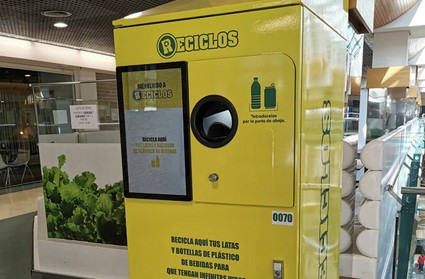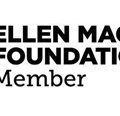Prevention is the priority in the waste hierarchy. The Ministry for Ecological Transition and Demographic Challenge (MITECO) has opened to public information for a period of one month the draft Royal Decree on Packaging and Waste that includes measures such as the promotion of bulk sales through mandatory targets, the establishment of a system of deposit and return of packaging (SDDR).
Specifically, it provides for the advance payment of at least 10 euro cents for each can or plastic bottle that will be returned if the consumer deposits it for recycling. In this way the Ministry of Ecological Transition points out that the new proposal comes to update in depth the current regulations, in force for 20 years in order to advance the circular economy and incorporates specific objectives and measures for packers, distribution, holders and administrations.
This draft regulation transposes the last of the pending directives of the 2018 European circular economy package, applying the precepts of the Single-Use Plastics Directive to packaging and revising the extended producer responsibility regime to packaging. It is also part of the actions included in the 1st Circular Economy Action Plan 2021-2023 and the reforms included in the Recovery, Transformation and Resilience Plan associated with the Circular Economy.
Among the measures proposed by the Royal Decree to promote reuse are both providing reusable packaging at the point of sale and allowing consumers to bring their own to be refilled, provided they are clean and suitable, and may be rejected by establishments if they are dirty or unsuitable.
Likewise, retailers will have to offer a minimum number of beverage references in reusable containers within 12 to 18 months from the approval of the Royal Decree, depending on the size of the establishment. For example, for beers, soft drinks, bottled waters, etc., the retailer will have to offer three references of reusable packaging for the total beverage category if the retail area is less than 300 m2 or seven if the retail area is greater than 2,500 m2. The retailer will have to provide the service of returning the empty container.
In any case, it is foreseen that reusable packaging will be placed on the market through a deposit, return and refund system (DRS). In addition, if the sales area is larger than 300 m2, shops will have to inform customers about the ecological impact of packaging and how it is managed.
The obligation is also maintained for packers to draw up business prevention plans when certain quantities of packaging placed on the market are exceeded, although prior authorisation is no longer required, but only that they are available to the Administration and the submission of a summary once the plan has been finalised.
The standard incorporates the recycling targets set at EU level for packaging waste, both overall (65% in 2025 and 70% in 2030) and by material. For all packaging, the application of the RAP is revised in accordance with the new guidelines set out in the Draft Law on Waste and Contaminated Soil, establishing general and specific obligations depending on the type of packaging: domestic, commercial or industrial.
Also, among the new features for household packaging is that the affected producers, the packers, will have to assume the total cost of the management of packaging waste collected separately; and, partially, those associated with those present in the rest fraction, along with the costs associated with raising awareness and information to the holder of packaging waste and the costs associated with obtaining information and cleaning of abandoned packaging waste. This represents a substantial change with respect to the current legislation, in which the management costs of the remaining fraction were assumed almost entirely by the local entities.
In addition, for the first time, measures are introduced to promote the eco-design of packaging. The project also makes it compulsory for reusable packaging to be placed on the market by means of deposit, return and refund systems (DRS), and it will be the packers who set the price of the deposit. This is already being done for containers used for water, soft drinks and beer in the HORECA sector. The aim is to extend it to the rest of the reusable packaging, whether used in the domestic channel or in the commercial or industrial field.
For single-use packaging it will be implemented on a mandatory basis for single-use plastic bottles and beverage cans (waters, juices, soft drinks and beers) when intermediate separate collection targets for single-use plastic bottles for beverages under 3 litres are not met: 70% in 2023 and 85% in 2027. In that case, packers will have 2 years to implement the system.















